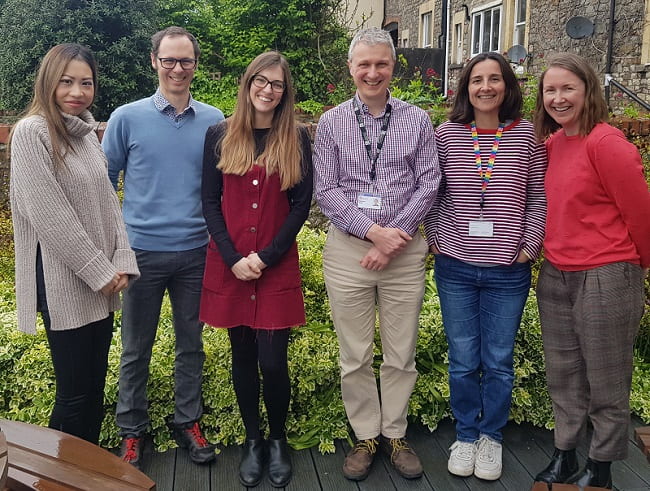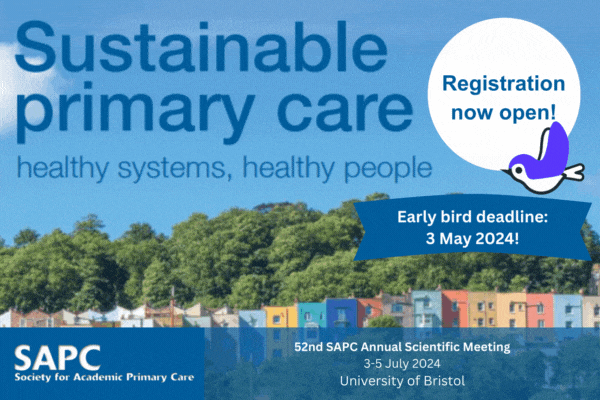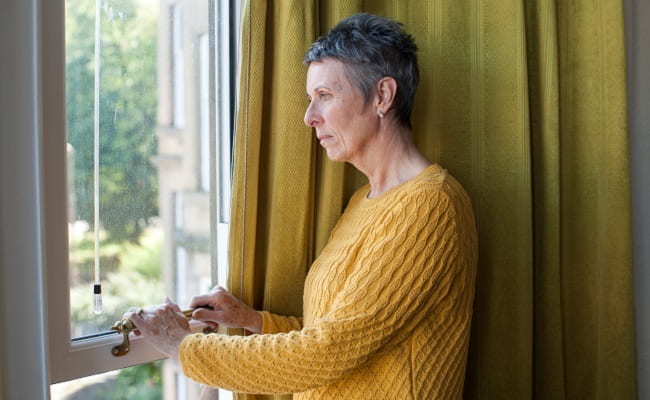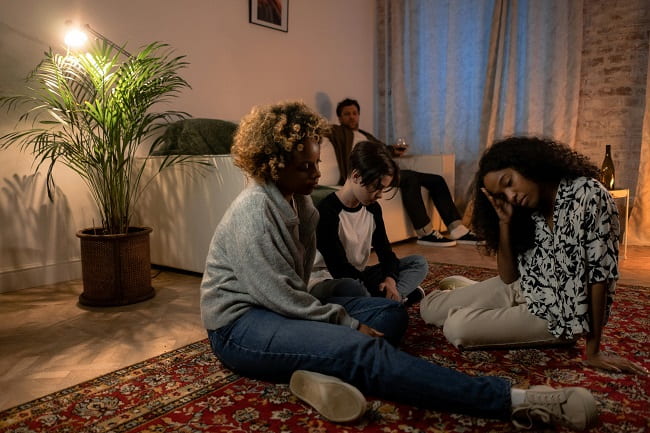As part of the programme for this year’s Society for Academic Primary Care Annual Scientific Meeting (SAPC ASM), which we are hosting in Bristol on 3-5 July, we are inviting submissions for an art exhibition on the theme of water and health. Successful submissions will be displayed at the conference and online. There will be prizes of £150 for outstanding entries. Anyone is welcome to make a submission, including delegates to the conference.

The exhibition is being organised by Dr Alan Kellas and Dr Catherine Lamont-Robinson from Bristol Medical School. Both Alan and Catherine lead a Year 3 medical student research project around ‘Blue Health’, which is the inspiration for the exhibition titled: ‘Turning the tide: water as medicine – exploring water’s role in sustaining health for our global and community futures: a multimedia enquiry and collaboration between arts and science, evidence and practice, medicine and ecology’.









